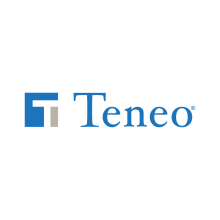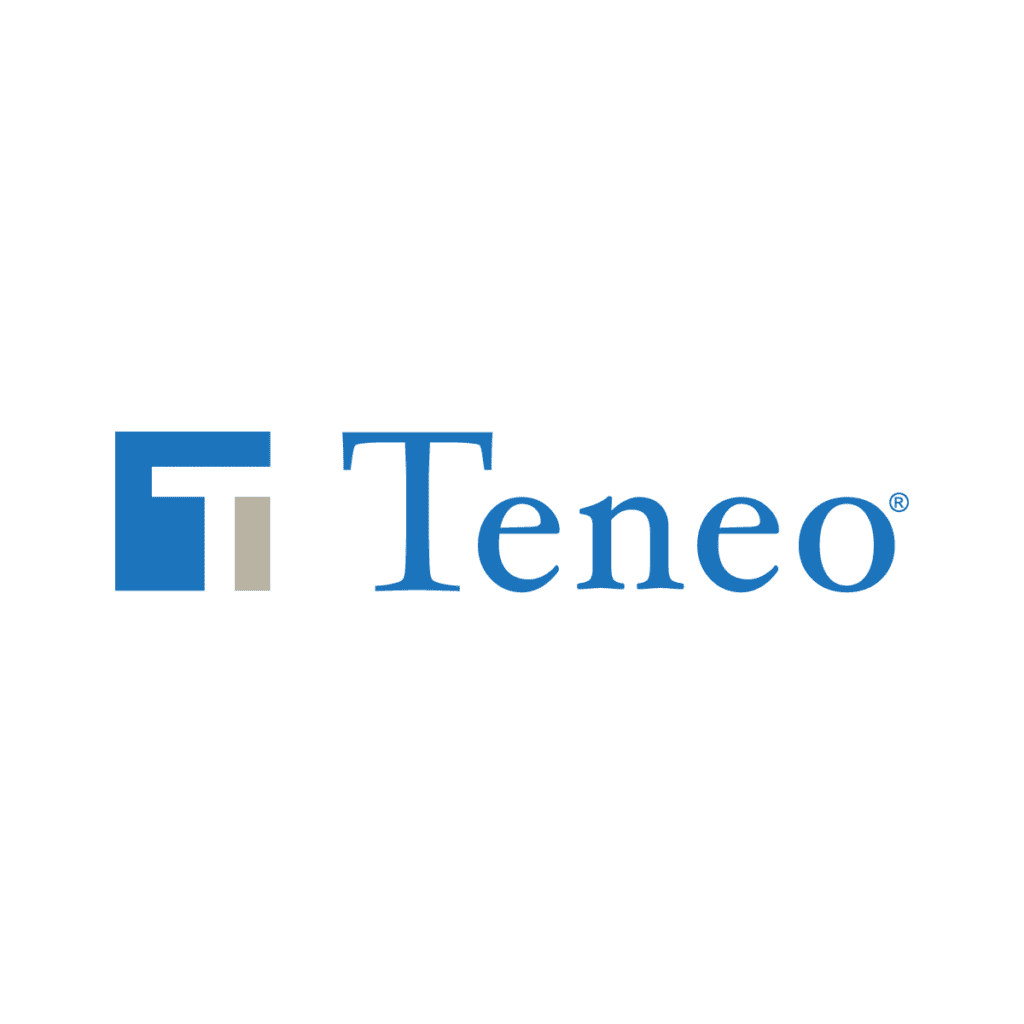Teneo
Working exclusively with the CEOs and senior executives of the world’s leading companies, Teneo provides strategic counsel across their full range of key objectives and issues. Our clients include a significant number of the Fortune 100 and FTSE 100, as well as other global corporations.
We are a global political risk advisory service providing timely, market-relevant and forward-looking counsel. We help business leaders understand political events and their implications for corporations and financial markets – from a company’s local footprint to its global supply chain, and a country’s fiscal policy to its economic outlook. We identify political drivers that move markets and forecast outcomes and scenarios. In this way, Teneo helps clients to incorporate political futures into their business and investment strategies.
Rigorous research and analysis form the basis of our work. Our highly-skilled team of analysts are experienced political scientists with advanced degrees in political economy, international relations and neighboring disciplines. Having lived and worked in the regions they cover, our experts speak the relevant languages, continue to travel regularly and maintain a dense network of contacts on the ground.



